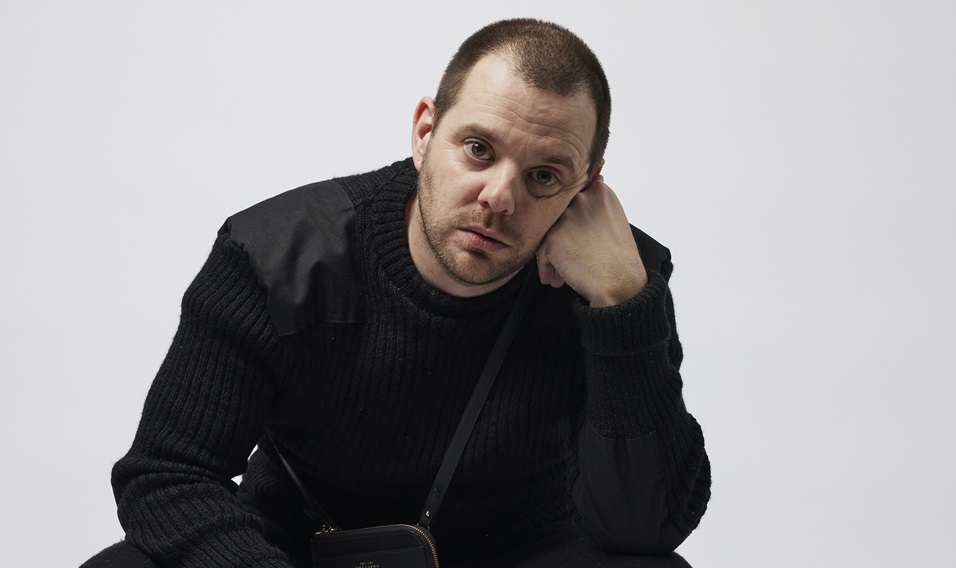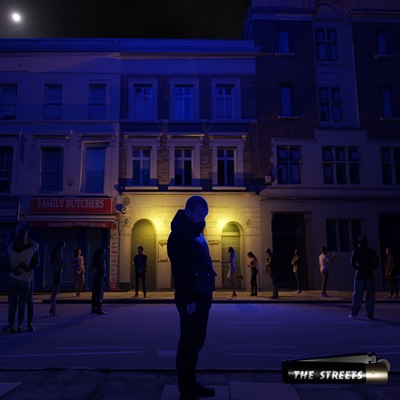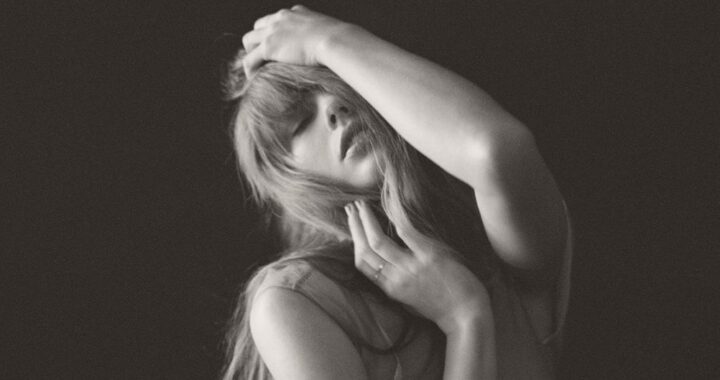Album Review: The Streets – The Darker the Shadow, the Brighter the Light
3 min read
Twelve years… it’s been twelve years since the last studio album from The Streets. Granted, Mike Skinner has been involved in a variety of projects, and they had released a few singles, but… twelve years!! Their new album, The Darker the Shadow, the Brighter the Light is released through 679 and Warner Music UK, and is set to act as the soundtrack for the independent film of the same name, with both projects self-funded/written/directed/edited/produced by Skinner. This is a passion project of his, which has taken more than ten years from conception to this point – a film noir that ran away from itself. A musical of sorts, just without the jazz hands – as Skinner quips, “that’s the next film”.
 The proceedings start with Too Much Yayo, with Skinner slowly punching out lyrics, leading to a more slick delivery to the faster pace of some bass-driven Dub beats. A switch up to more club-like house and some classic trance-like chords, Money Isn’t Everything sees Teef adding his vocals, while Walk of Shame has shades of Dry your eyes mate in its tempo, albeit with a darker vibe on a different subject matter.
The proceedings start with Too Much Yayo, with Skinner slowly punching out lyrics, leading to a more slick delivery to the faster pace of some bass-driven Dub beats. A switch up to more club-like house and some classic trance-like chords, Money Isn’t Everything sees Teef adding his vocals, while Walk of Shame has shades of Dry your eyes mate in its tempo, albeit with a darker vibe on a different subject matter.
Something to Hide gives a bit of a reggae vibe, while Shake Hands with Shadows has an almost ‘grime-light’ feel to the beat to start, but hops around dub, house, dancehall in a very disjointed track. Not a Good Idea sees a return to more dubstep, with Skinner asking about temptation, “the devil is on my shoulder tonight, where is the other guy?”, and is followed by Bright Sunny Day, which weighs heavy on life, and reminds me of Streets tracks from back in the day.
Title track The Darker the Shadow the Brighter the Light lays beats over 1920s slow jazz in a song that doesn’t work for me, almost feeling like a children’s song on CBBC. My mood is immediately remedied with Funny Dream tough, reminding me of prime Streets tunes – garage-esque beats with comedy gold lyrics, such as “you’re like the beauty you can test with a wet wipe” – brilliant! The experimentation continues with a sitar playing in Gonna Hurt When This Is Over, with orchestral music during the chorus in a song about that point of being high before the come down, finishing off the track with a Hammond organ playing chords to close – this track really works better than I’ve described it!
Kick the Can gives almost breakbeat beats interspersed with simple piano chords and choral choruses, while Each Day Gives returns to classic Skinner story-telling over a simple beat, where the lyrics take centre stage, and this is continued in Someone Else’s Tune where the beat is a touch more prominent, but the vocals are the star – even the auto-tuned singing works. the first single release from the LP, Troubled Waters, starts with minimalist house chords laid under the verse, but moves into some classic DnB beats in a very strong track. Closing out the album, Good Old Daze plays out with a beat over piano reprising the 1920s jazz right at the end to close proceedings.
Mike Skinner’s production is still fantastic – Whilst not as fresh or exciting as Original Pirate Material or A Grand Don’t Come For Free, The Darker the Shadow, the Brighter the Light manages to do what both these albums did – capture the current mood of society. Though the album is more raw than polished, Skinner, as ever, is first-class at painting a picture with his lyrical story-telling, and the album is full of hilarious one-liners – he really does still have his finger on the cultural pulse of the nation, decades on….



